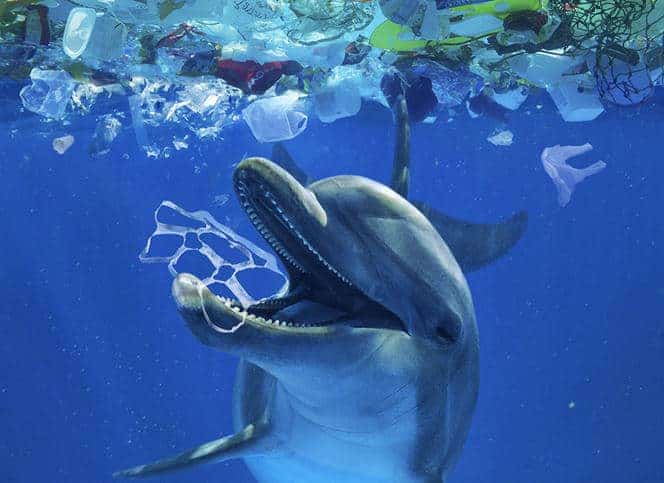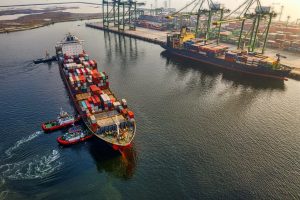The pollution of marine ecosystems by plastics, chemicals, and oil spills poses a significant threat to the health of the oceans and, consequently, to life on Earth. Despite its vast size, the ocean has become increasingly vulnerable due to human activities, which include improper waste disposal, overfishing, climate change, and maritime transport. Scientists emphasize that these pollutants disrupt essential services provided by oceans, including food supply and climate regulation, where the ocean absorbs about 25% of human CO2 emissions annually.
The issue of plastic pollution is particularly alarming, with an estimated 10 million tonnes entering the ocean each year, primarily through rivers and poor waste management. Plastic waste affects the entire marine food chain, harming organisms from tiny zooplankton to large whales. Microplastics, which are small particles produced when larger plastics degrade, can be ingested by marine life, leading to negative health impacts such as impaired feeding and reproduction. Additionally, these microplastics accumulate toxic substances from the water, exacerbating their harmful effects.
Addressing plastic pollution requires a focus on prevention rather than clean-up efforts, as existing methods, like large nets employed by organizations such as The Ocean Cleanup, are deemed insufficient. Instead, scientists advocate for reducing plastic production, especially single-use items, and enhancing recycling efforts. Alternatives to traditional plastics, like biodegradable materials, are being explored to reduce future pollution.
Drawn from marine bacteria is another potential strategy for dealing with plastic waste. Some bacteria can degrade plastics, yet their natural breakdown rates are too slow to combat the ever-increasing influx of plastic pollution effectively. In contrast, managing oil spills is slightly more achievable. Marine bacteria can be nurtured to break down oil more efficiently, although this bioremediation approach is sometimes overlooked in favor of quicker, less effective methods.
Chronic chemical pollution remains equally concerning. Persistent organic pollutants, like heavy metals and endocrine disruptors, can accumulate in marine organisms and affect not only aquatic life but also human health through the food chain. Emerging studies indicate that low-dose chemical exposure, coupled with the cocktail effect—wherein different chemicals interact to create harmful outcomes—poses a multi-faceted threat to marine ecosystems.
To combat these issues, researchers stress the need for regulatory changes that emphasize pollution prevention on land. This includes minimizing the production of harmful substances and reconsidering chemical formulations, particularly in consumer products like cosmetics. The cumulative impact of pollutants, alongside other stressors like climate change, calls for immediate, concerted efforts to protect marine ecosystems.
In summary, restoring ocean health hinges on a multifaceted approach that prioritizes waste reduction, regulatory reform, and innovative solutions to pollution. It is imperative for policymakers and society to prioritize and implement these strategies to preserve the ocean’s crucial role in supporting life on Earth.
Source link










